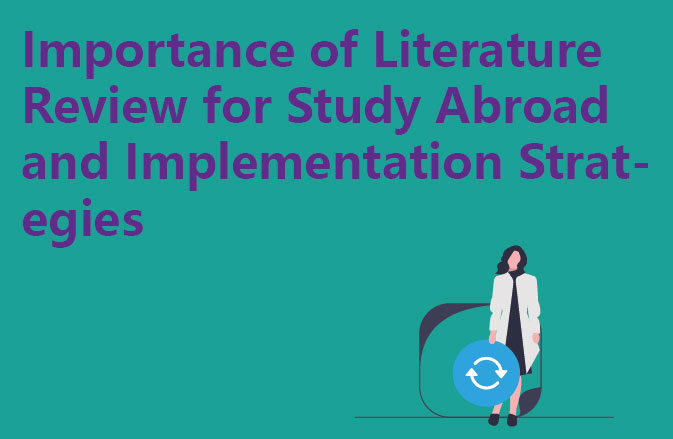For academic writing, literature review is an indispensable part. It helps the writer to fully grasp the connotation and extension of the topic, and at the same time, it can also provide valuable references of ideas for the topic. The purpose of this paper is to illustrate the importance of literature review and implementation strategies.
First, the importance of literature review
In academic research, it is difficult to promote the in-depth development of the topic only by personal ideas and opinions. Therefore, the role of literature review in the academic process becomes particularly important. Firstly, it can help authors to explore and dig deeper on the basis of other people’s research results, so as to improve the innovativeness of the research; secondly, the literature review can clarify the research scope of the topic and make it more precise, and it can also simplify the structure of the topic’s vein and make it more clear and easy to understand. In addition, by sorting and analysing the existing research results, thinking critically and finding out the possible deficiencies, the conclusions of the research topic are more valuable.
Second, the implementation steps of the literature review
Successfully writing a literature review needs to go through the following key links:
(1) Establish the research topic. First of all, it should be clear that the research involves the field, in order to better collect and organise relevant resources.
(2) Extensively search for relevant resources. Through the papers and writings published by authoritative organisations and well-known experts, the essence of the content is widely collected and screened. In this process, the research ideas and conclusions should be rephrased in their own language, while retaining the author’s source, not just plagiarism, but a moderate amount of citation is allowed.
(3) Systematically collate and summarise the collected information. After collecting sufficiently rich materials, they should be sorted and analysed in an effective way to distill the relevant results, and at the same time, according to the perspective of the problem, they need to explore how other scholars look at and respond to the issues raised, and analyse the shortcomings of their methods and theories.
(4) Focus on established research. In the literature review, not only should we summarise the research results of others, but also recapitulate some appropriate quotations. If existing scholars have already solved the proposed problem well, then there is no need to repeat the research.
(5) Make final revisions. The final review of the manuscript to see if the logic is smooth, if there is a lack of further supplementary material.
In short, the literature review is not only a review of existing research, but also an opportunity for in-depth understanding and reflection. Only by familiarising yourself with these techniques can you successfully complete a literature review and thus promote the development of your research topic.




